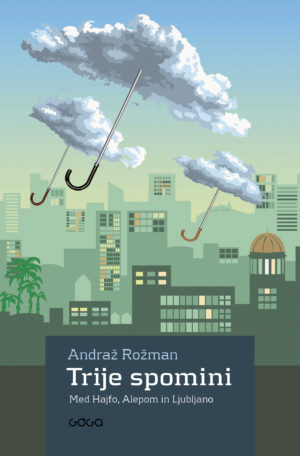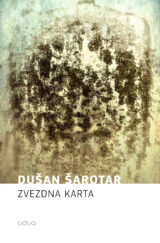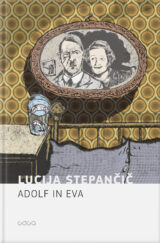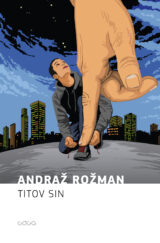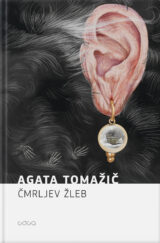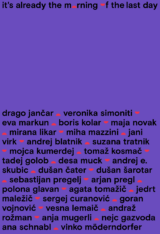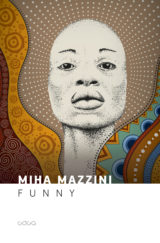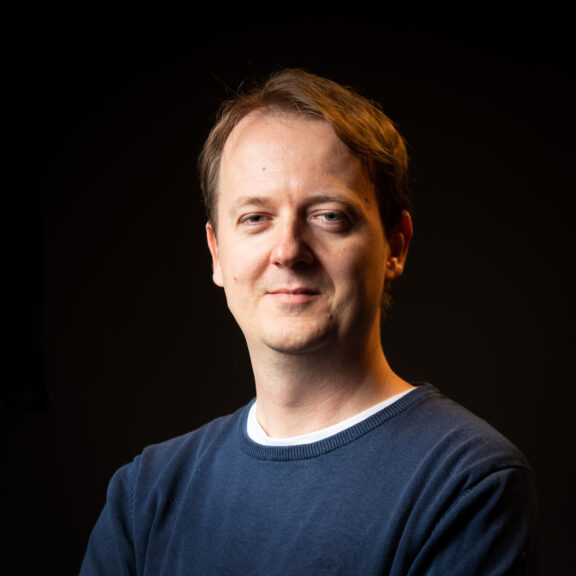Trije spomini: Med Hajfo, Alepom in Ljubljano
18,99 € – 19,90 €
Documentary non-fiction
Three Memories tells the story of the Syrian poet Mohamad Al Munem and his Palestinian family, its fortunes, misfortunes and almost unbelievable dramatic twists of fate.
Year of publication: 2019
No. of pages: 295
About the Book
At a time when barbed wire fences were being erected along Slovenia’s southern borders, the Syrian publisher and poet Mohamad Al Munem sets out on the dangerous Mediterranean route and reaches Slovenia where he also unexpectedly stays. The poet from Aleppo was born a refugee, his story, documented in Three Memories, is not just a story of lively intellectual life in Aleppo but reaches into the period before his birth when his father and mother were forced to leave Palestine. It is the story of his refugee family, its fates and fortunes, but also a book about his friendship with the journalist Andraž Rožman who got to know Mohamad through numerous conversations, learned from him, and eventually became the book’s author. It is a book of memories of three towns, Haifa, Aleppo and Ljubljana, a biography of a teacher and a novel about a listener who is becoming a writer.
Media Feedback
“Ne gre okolišiti, Trije spomini: med Hajfo, Alepom in Ljubljano so izjemna knjiga.”
Boštjan Videmšek, DeloRožmanu uspelo ustvariti zgodovinski dokument osebnih zgodb ljudi, ki se dogajajo stran od medijske pozornosti, ki pa so bolj resnične in bolj pomembne od tistega, kar lahko spremljamo v medijih, »ker kažejo, kaj je možno in kaj bi lahko bilo, pa nam politiki razlagajo, da sobivanje ni mogoče«
Kristina Božič
